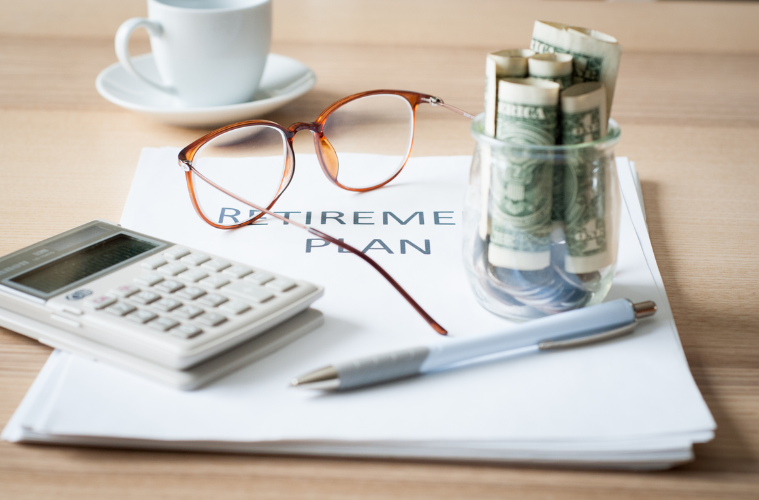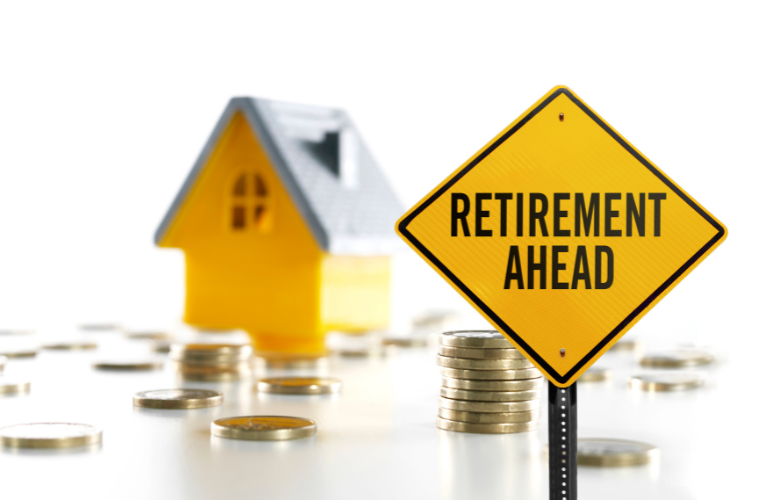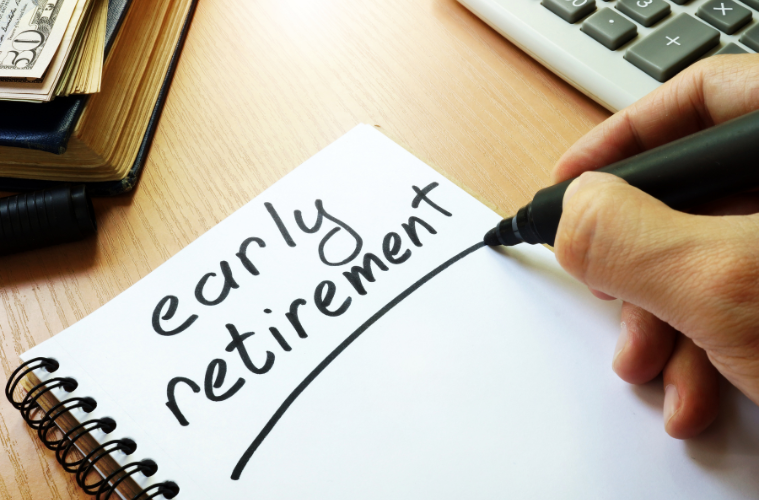Entering your 30s marks a pivotal stage in life where financial responsibilities often increase, yet it also presents a prime opportunity to set a solid foundation for retirement.
Whether you envision retiring comfortably at the traditional age or even earlier, the strategies you adopt now can significantly influence your financial future. Here’s what you need to know about planning for retirement in your 30s.
Understand Your Retirement Goals and Timeline

Your 30s are an ideal time to clarify your retirement vision. Think about when you want to retire and the lifestyle you hope to maintain. Do you want to travel extensively, buy a second home, or simply enjoy financial freedom without work-related stress? Having clear goals helps shape your savings and investment strategies.
Assess and Optimise Your Superannuation (or Retirement Fund)
Superannuation (or employer-sponsored retirement funds) is a critical component of retirement savings, especially in Australia. Employers typically contribute a percentage of your salary into your super fund, but you can boost this by making additional contributions through salary sacrifice or personal contributions. Remember, investment earnings within super are taxed at a concessional rate, which can enhance your savings growth compared to investing outside of super.
Regularly review your super fund’s performance and fees, and consider consolidating multiple funds to reduce costs. Your 30s are a great time to ensure your super is working hard for you and is aligned with your risk tolerance and retirement timeline.
Save and Invest Aggressively but Wisely
While your 30s might bring increased expenses like mortgages or family commitments, aim to save a significant portion of your income for retirement. The “pay yourself first” strategy, automatically setting aside money for savings and investments before other expenses, can help maintain discipline and consistency.
Consider investing in diversified, low-cost index funds or retirement accounts such as 401(k)s or IRAs (in the US context) to maximise growth potential. Since you have decades before retirement, you can afford to take on more investment risk to achieve higher returns, but balance this with a portfolio that you can hold long-term.
Manage Debt and Budget Carefully

Your 30s may involve juggling debts such as student loans, mortgages, or credit cards. Prioritise paying down high-interest debt to free up more money for retirement savings. Creating and sticking to a budget can help reduce unnecessary spending and increase your savings rate. Cutting non-essential expenses and living below your means are key habits that support long-term financial security.
Protect Yourself with Insurance
Unexpected events can derail your financial plans. Income protection, life insurance, and trauma insurance are important considerations in your 30s, especially if you have dependents or significant financial obligations. Insurance ensures that if you cannot work due to illness or injury, your financial goals remain protected.
Build an Emergency Fund
An emergency fund covering several months of living expenses provides a safety net for unexpected costs, such as medical bills or job loss. This fund prevents you from dipping into retirement savings prematurely and helps maintain your financial stability.
Regularly Review and Adjust Your Plan
Life changes-such as career progression, family growth, or market fluctuations-necessitate periodic reviews of your retirement plan. Adjust your savings rate, investment mix, and insurance coverage as needed to stay on track toward your goals.
Cultivate a Holistic Approach to Retirement
Retirement planning is not just about finances. Consider the social and psychological aspects of retirement. Building strong social networks, developing hobbies, and finding purpose beyond work contribute to a fulfilling retirement.

Summary
- Define your retirement goals and timeline clearly.
- Maximise and regularly review your superannuation or retirement funds.
- Save aggressively using the “pay yourself first” method and invest wisely.
- Manage debts and budget to increase your savings capacity.
- Protect your income and family with appropriate insurance.
- Maintain an emergency fund for unexpected expenses.
- Review and adjust your retirement plan regularly.
- Prepare for the social and emotional aspects of retirement.
Starting retirement planning in your 30s gives your money more time to grow and compounds your advantage. The habits and decisions you make now can lead to decades of financial independence and peace of mind in your later years.
FAQs
How much should I have saved for retirement by my 30s?
A common guideline is to have saved the equivalent of one year’s salary by age 30, increasing as you get older. However, individual goals and circumstances vary, so use this as a benchmark rather than a strict rule.
Can I retire early if I start planning in my 30s?
Yes, with disciplined saving, smart investing, and expense management, early retirement is achievable. The FIRE (Financial Independence, Retire Early) movement exemplifies this approach.
Should I take more investment risks in my 30s?
Generally, yes. With a longer time horizon, you can afford to take on more risk to seek higher returns. However, balance risk with your comfort level and diversify your portfolio.
Is it worth consolidating multiple super funds?
Consolidating can reduce fees and simplify management, potentially increasing your retirement savings over time. Review your funds to ensure you’re in the best-performing and lowest-cost option.
How important is insurance in my 30s?
Very important. Income protection, life, and trauma insurance protect your financial goals and family if you face illness, injury, or death. It’s a key part of a comprehensive retirement plan.
